Certain foods like canned goods, dried items, honey, sugar, salt, vinegar, hot sauce, hard cheese, and pickles don’t need temperature control. Cans seal out bacteria, dried goods stay safe in airtight containers, and honey’s acidity keeps it fresh. Sugar and salt resist spoilage due to low moisture levels, while vinegar and hot sauce’s acidity prevents bacterial growth. Hard cheese ages well in cool, dry spots, and pickles last long due to their tangy acidity. These pantry essentials are reliable options for safe storage without temperature control. Discover more about these stable food choices for worry-free storage.
Canned Foods
Canned foods remain safe for consumption without the need for refrigeration due to the sealing process they undergo, which prevents bacterial growth. This helps reduce the risk of spoilage and contamination, making fruits and vegetables preserved in cans a convenient choice.
The high heat used during canning not only guarantees safety but also retains the nutritional value of the produce, offering a long-lasting option for your pantry.
Dried Goods
Dried goods are shelf-stable pantry items that offer long-term storage solutions for your kitchen. These items, like dried fruits, nuts, and certain grains, require no temperature control for safety.
When stored in airtight containers or sealed bags in a cool, dry place, dried goods maintain their quality and can be convenient pantry staples.
Shelf-Stable Pantry Items
When stocking your pantry with essential items that require no temperature control, consider including a variety of shelf-stable goods such as beans, rice, and pasta. These dried goods have low water activity levels, making them resistant to bacterial growth.
Properly sealed and stored in a cool, dry place, they can last for an extended period without refrigeration. Monitoring expiration dates and storage conditions guarantees the safety and quality of these non-perishable food items.
Long-Term Storage Solutions
Utilizing proper packaging techniques and storage conditions guarantees the longevity and quality of dried goods for extended periods without the need for refrigeration. With low moisture content inhibiting bacterial growth, staples like rice, pasta, beans, and fruits remain shelf-stable.
Airtight containers or sealed bags maintain their freshness, while storing them in a cool, dry spot away from sunlight further extends their shelf life. Dried goods are convenient, cost-effective, and versatile pantry essentials.
Honey
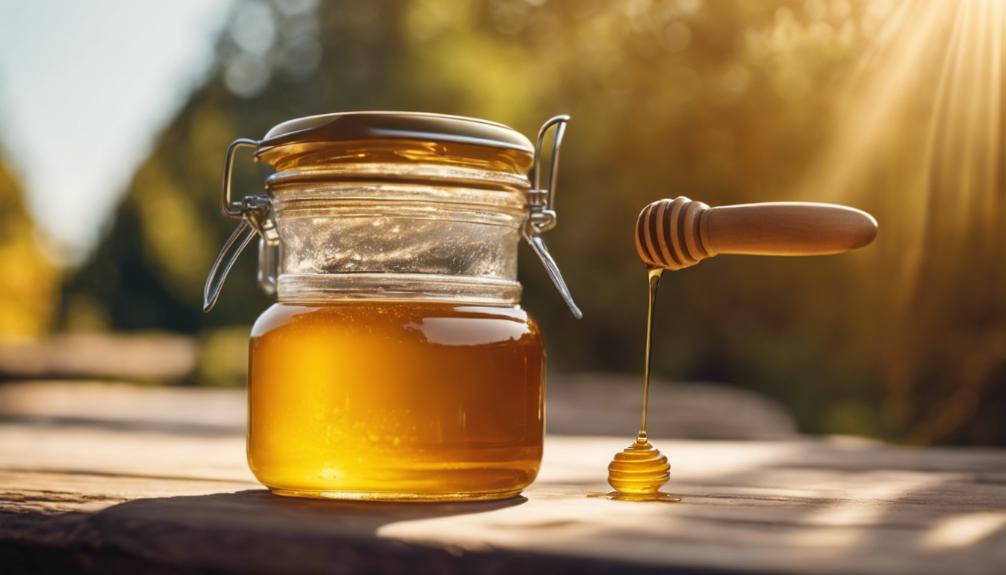
Honey, with its low water content, high acidity, and natural antibacterial properties, does not require temperature control for storage. Below is a comparison table to highlight the differences between honey and sugar regarding storage requirements:
| Property | Honey | Sugar |
|---|---|---|
| Water Content | Low | Low |
| Acidity | High | Low |
| Antibacterial | Yes | No |
| Storage Needs | Room temperature | Room temperature |
Sugar
Proper sugar handling and storage tips guarantee that your sugar remains safe for consumption and ready to sweeten your favorite recipes.
Shelf-stable sugar products are convenient options that eliminate the necessity for refrigeration. Storing sugar correctly is crucial to maintaining its quality.
Sugar Storage Tips
For best preservation and quality maintenance, store sugar in a cool, dry place away from direct sunlight. Properly sealed containers or airtight bags help maintain sugar’s flavor and texture without refrigeration.
Sugar’s low moisture content and stability make it suitable for pantry storage. Prevent clumping by avoiding exposure to humidity or moisture.
With these simple tips, you can guarantee your sugar stays fresh and ready to sweeten your favorite treats.
Shelf-Stable Sugar Products
You can safely store shelf-stable sugar products like granulated sugar and powdered sugar without the need for temperature control. These sugar varieties have low water activity, preventing microbial growth and spoilage. Properly packaged and stored in a cool, dry place, sugar maintains its quality and shelf life. Unlike perishable items, sugar resists bacterial growth and does not require refrigeration, making it a versatile ingredient for room temperature storage.
| Sugar Type | Temperature Control Needed? |
|---|---|
| Granulated Sugar | No |
| Powdered Sugar | No |
Proper Sugar Handling
Properly storing sugar in a cool, dry place is key to maintaining its quality and extending its shelf life without the need for temperature control. Sugar, being non-perishable, thrives in a stable environment away from moisture and sunlight.
Airtight containers aid in preserving its purity. While temperature regulation isn’t essential, preventing high humidity exposure can prevent unwanted clumping.
Safeguard your sugar stash for lasting sweetness.
Salt
Salt’s preservation properties make it a reliable method for extending the shelf life of food without the need for refrigeration. Its high salt concentration in cured meats and pickles creates an inhospitable environment for pathogens.
By drawing out moisture from cells, salt hinders bacterial growth. Dry salting or brining processes help maintain food quality at room temperature.
Properly salted foods can stay safe for extended periods without cooling.
Vinegar
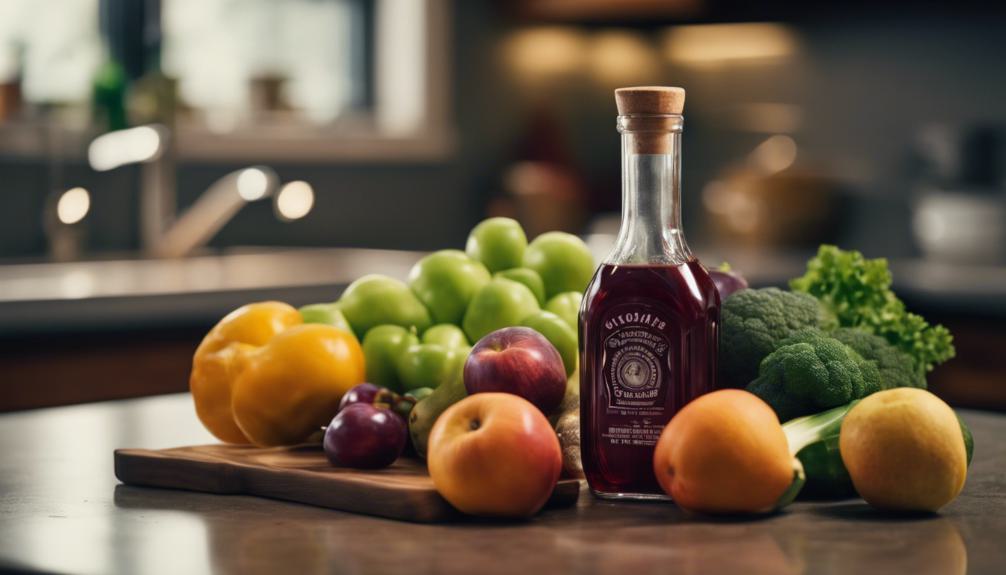
Vinegar, a versatile liquid with potent preservative properties, requires no temperature control for safe storage. Its high acidity level, mainly consisting of acetic acid and water, creates an environment where bacteria and mold struggle to thrive.
With a low pH around 2.4, vinegar effectively extends the shelf life of pickled vegetables, sauces, and dressings. Properly sealed vinegar-based products can be conveniently stored at room temperature, ensuring quality preservation.
Hot Sauce
Hot sauce, like vinegar, boasts high acidity and low water activity, ensuring it remains safe for consumption without the need for temperature control.
- Hot sauce’s pH level below 4.0 prevents harmful bacteria growth.
- The combination of vinegar, salt, and spices creates a shelf-stable environment.
- Properly sealed hot sauce can maintain quality at room temperature for an extended period.
Hard Cheese
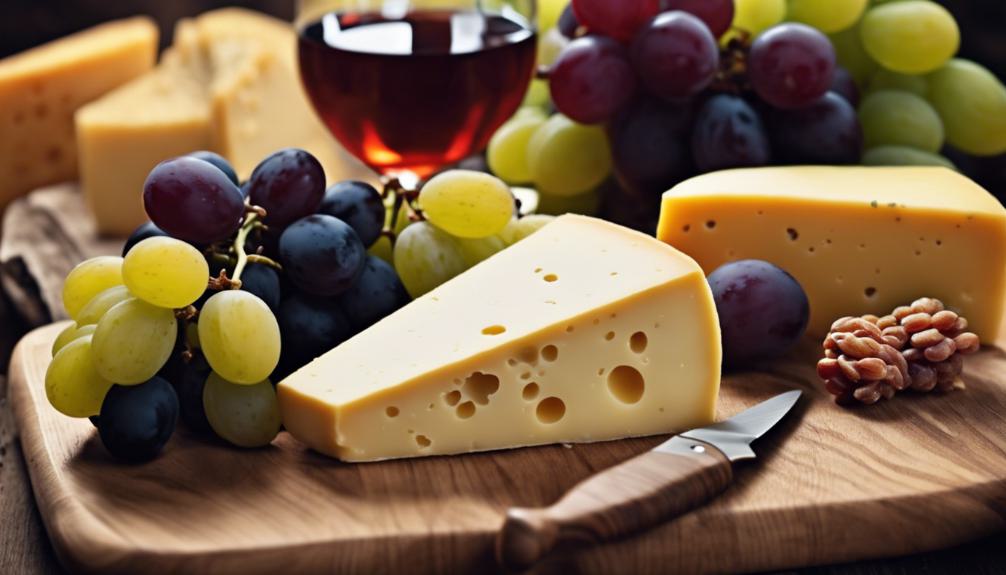
With their low moisture content and high salt content, hard cheeses like Parmesan, Cheddar, and Gouda can be stored without the need for temperature control. The aging process of hard cheeses involves bacteria and enzymes that make them less susceptible to spoilage at room temperature.
Properly stored hard cheeses can last for several weeks without refrigeration, as long as they’re kept in a cool, dry place away from direct sunlight.
Pickles
For those seeking a tangy and crunchy snack, pickles offer a convenient and shelf-stable option that requires no temperature control for safe storage.
1) Pickles, a preserved food, need no refrigeration.
2) The high acidity in pickles inhibits bacterial growth.
3) Stored in a cool, dark place, pickles can last long without spoilage.
Enjoy the crispness and flavor of pickles without the hassle of refrigeration.
Frequently Asked Questions
Which Food Do Not Need Temperature Control?
You don’t need to worry about the temperature for dry foods like nuts, seeds, and some grains. Canned goods, condiments like vinegar and mustard, baked goods, and unopened jars of pickles or jams can be stored at room temperature, no problem.
What Foods Are Not Considered Tcs?
Certain foods like dry goods, high-sugar items, whole fruits, baked goods, carbonated drinks, and vinegar-based products are not classified as TCS foods. These items do not require temperature control for safety and can be stored at room temperature.
When Might Food Be Held Without Temperature Control?
When holding food without temperature control, consider low water activity foods like dried fruits and nuts, shelf-stable canned goods, and acidic condiments. Follow storage guidelines for safety. Remember, some items don’t need refrigeration due to preservation methods.
What Are Three Types of Foods That Require Time Temperature Control?
Regarding food safety, three types that require time/temperature control are raw meat, ready-to-eat foods, and dairy products. Ensure to handle and store these items properly to prevent contamination and maintain freshness.
Conclusion
To sum up, there are several types of food that don’t require temperature control for storage, including:
- Canned foods
- Dried goods
- Honey
- Sugar
- Salt
- Vinegar
- Hot sauce
- Hard cheese
- Pickles
These pantry staples can be kept at room temperature without any worry of spoilage, making them convenient options for stocking up in your kitchen.
Remember to always check the expiration dates and store them in a cool, dry place for best freshness.


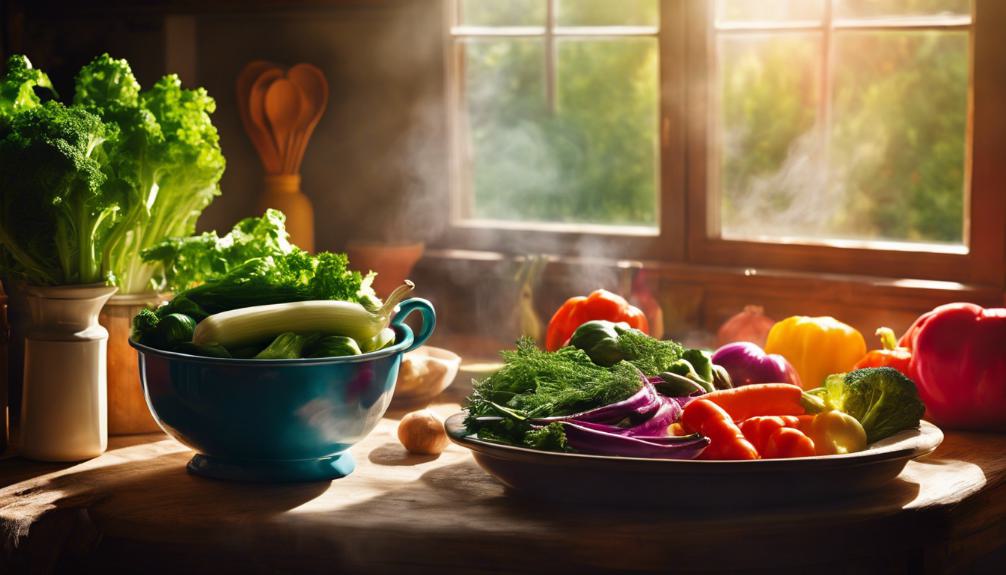
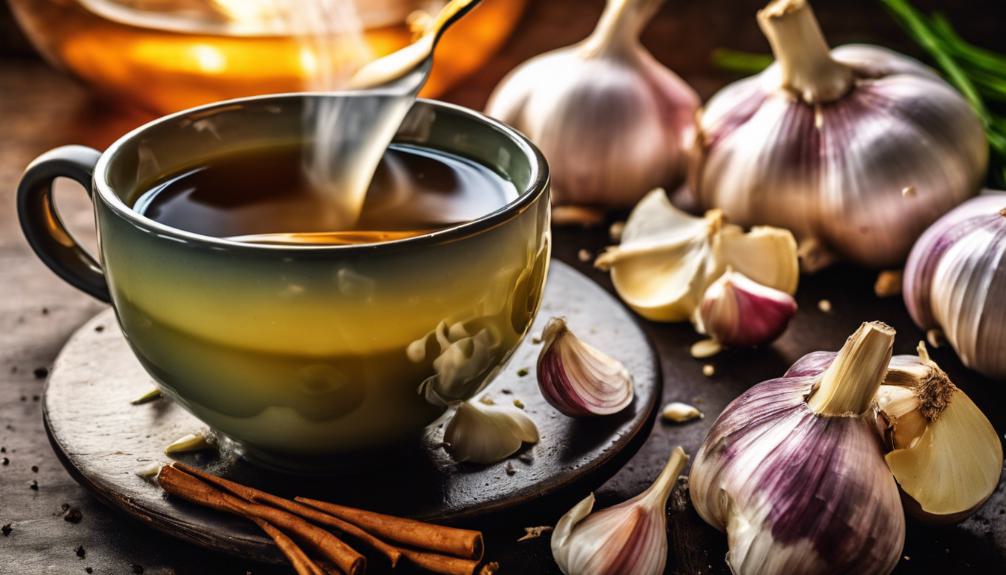
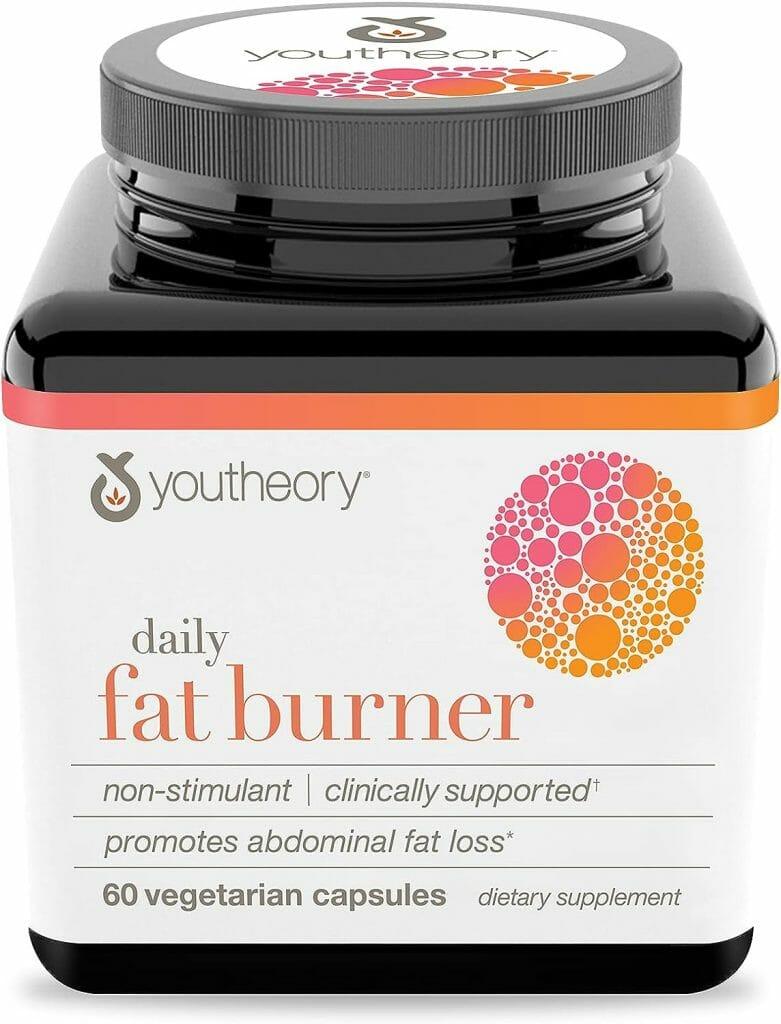
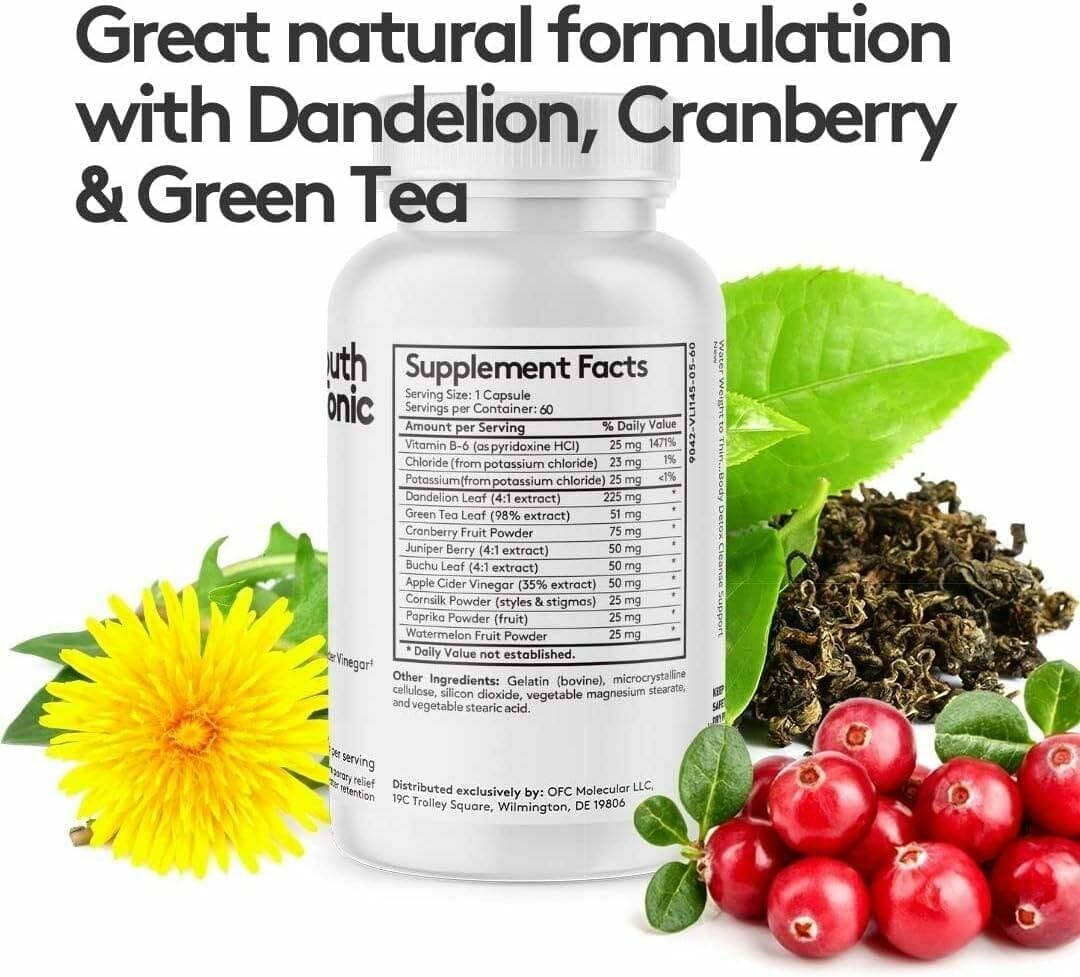

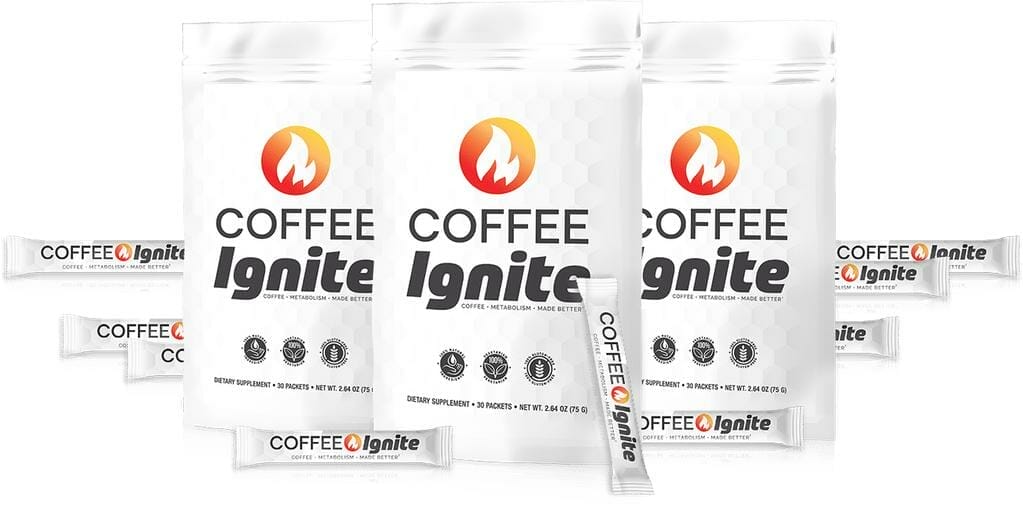
Leave a Reply
You must be logged in to post a comment.